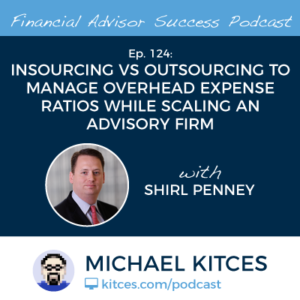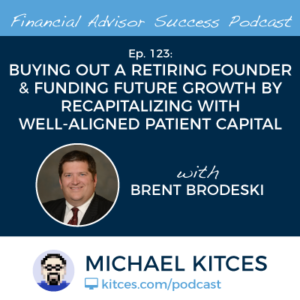In theory, the whole point of having a “product illustration” is to show how the product is anticipated to work… whether it’s a mechanical device, or an intangible like a life insurance policy. Except the caveat is that, ironically, intangible assets like life insurance policies sometimes have even more “moving parts” than a mechanical device, making it remarkably difficult to understand how it actually works. Or even to determine the underlying “mechanical” assumptions that are driving the outcomes of the illustration in the first place.
In this guest post, life insurance expert Barry Flagg, founder of Veralytic (a company that produces life insurance due diligence tools), highlights the challenges of effectively identifying and understanding the moving parts in a typical life insurance policy illustration. Which over the years have become so problematic, that recently issued regulations from the New York Department of Financial Services (NY DFS Regulation 187) have suggested that life insurance illustrations should no longer be permitted as a means to compare life insurance policies… because, in essence, they’re too vague and uncertain for fiduciaries to actually rely upon!
For instance, while the core of any life insurance policy (or any other) illustration is its projected earnings or growth, after being reduced by its projected Cost Of Insurance (COI) charges and other expenses, the reality is that not all life insurance companies illustrate these costs and expected returns in the same manner. For instance, sometimes COI charges are “pure” and include only the raw Cost Of Insurance expenses, but in other times COIs are “loaded” with distribution or other costs. Certain “premium loads” may apply charges based on the premiums paid, but use an underlying “target premium” calculation to determine those charges, rather than uniformly applying them to all premiums. And while life insurance policies do typically get projected at a specified rate of return, insurance companies can and sometimes do add additional – but not necessarily guaranteed – return assumptions on top, which means even insurance policies with the same projected return input are not necessarily being projected at the same rate of return!
The challenge of these dynamics in life insurance policy illustrations is not only that it’s sometimes difficult to call what costs are or are not being included, and what the “real” projected rate of return is, but that the potential to not have results that align with (non-guaranteed) assumptions means that two otherwise-identical life insurance policy illustrations may have a substantively different level of risk about whether the assumptions will actually be fulfilled. A risk that, itself, is not typically reflected in a life insurance policy illustration.
As a result, the reality is that “best practices” in doing due diligence on a life insurance policy illustration entails far more than just looking at the illustration to see which policy is projected to maintain the death benefit the longest, or accumulate the highest (not-necessarily-guaranteed-or-even-likely) cash flow. Instead, effective due diligence for life insurance policies must dig deeper, or use third-party support tools, to truly understand the costs and risks underlying the projected opportunity.

 Welcome back to the 124th episode of Financial Advisor Success Podcast!
Welcome back to the 124th episode of Financial Advisor Success Podcast! Welcome back to the 123rd episode of Financial Advisor Success Podcast!
Welcome back to the 123rd episode of Financial Advisor Success Podcast!
